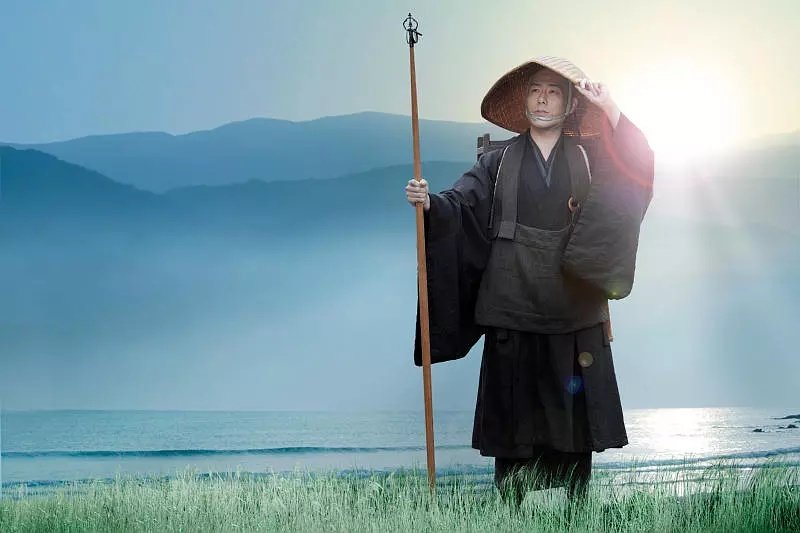1. Zen

The film tells that in the thirteenth century AD, the Japanese monk Daoyuan traveled thousands of miles to the Song Dynasty and visited the famous mountains and rivers to seek the true meaning of the Dharma. However, the major monasteries and sects covet incense and are close to politics, and it is difficult for the whole world to find the true way. After many twists and turns, Daoyuan accidentally met and worshiped under the seat of the Pure Zen Master on Tiantong Mountain, and finally became enlightened and cultivated to return to China. At that time, Japan was in the chaotic period of Kamakura, where the people burned and looted, adultery was rampant, and even the monks had no intention of practicing and were greedy for pleasure. Daoyuan single-handedly founded the Cao Dong Sect, which attracted sincere people to obey the Dao, but it was also hated by other sects, and it was much maintained by the Kamakura governor Hatano and his disciples, and Daoyuan led his disciples to Echizen to establish the Yongping Temple here, and the Cao Dong Sect began to slowly develop and expand...
2. "A Round of Bright Moon"
The film tells that Li Shutong, who has studied in Japan for many years, finally returned to his dream-haunted motherland, when the Xinhai Revolution was successful, he cheered for the republic, and became the editor-in-chief of the supplement of the Pacific Newspaper, looking forward to a better future for the country. The good times did not last long, and it was not long before the country fell into a warlord melee, and Li Shutong also changed from a editor-in-chief in a dress to a cowardly cloth gentleman, teaching calligraphy and painting for a career. During this period, a number of future artistic masters were trained, such as Feng Zikai and Liu Zhiping. At this time, Li Shutong developed a strong interest in Buddhism and escaped into the empty door, with the Dharma name Hongyi. Both the Dean of the Minnan Buddhist Academy, Taixu, and Master Hongyi had great aspirations, and although the sects were different, they eventually ended up on the same path. After the outbreak of the Anti-Japanese War, Master Hongyi, who was seriously ill, still insisted on the anti-Japanese salvation movement and composed a salvation song to boost morale, and on October 13, 1942, a generation of masters drove the crane to the west...
3. "Empty Mountain Spirit Rain"
Hu Jinquan's late masterpiece, the plot is actually relatively weak, the film focuses on Zen. Some film critics have pointed out that "Empty Mountain Spirit Rain" pays too much attention to the meaning of "Zen", and the director seems to want to sublimate it to the realm of philosophical films, but the excessively advanced artistic conception and slow plot and uniform rhythm only play the opposite role, or that the director has exaggerated his skills.
4. Dharma Guru
Dharma Guru was originally the third prince of the South Indian kingdom, but later met his future enlightened self and under the guidance of Prajnaparamita, in order to know himself and see through fame and fortune, he decided to worship the Buddha. A very good Buddhist film, whether it is Buddhist etiquette or costume design, is done enough. The arrangement of the plot and the lines are indeed written by people who have learned the Dharma.
5. "Master Xuanzang"
This is a very touching film, and the power of faith is great. I envy the master's spirit of pursuing truth, although it is an external perspective of culture, but under the ideology of Chinese mainland, it is already the ultimate. The language, the soundtrack, and the actors are all fantastic.
6. "Tang Xuanzang"
"Tang Xuanzang" is destined to be a high-cold movie, and those who support it will regard it as a classic, and the absolute majority of people will think that the movie-watching experience is as uncomfortable as Xuanzang's experience.
7. The Traveler and the Magician
Dzongsar Gyal yang Khyentse Rinpoche told both of these stories in The Traveler and the Magician. The former story says that the Promised Land is a dream bubble; the latter story says that the only Promised Land may be where we are now. There's joy and there's pain. Happiness and pain go on and on, and our state of mind is up and down.